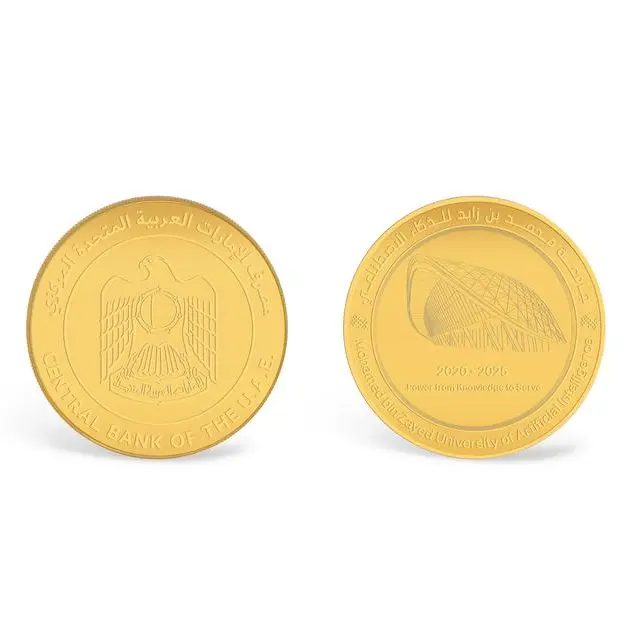Nearly 5,000 refugees who fled violence in the Democratic Republic of the Congo (DRC) four years ago are opting to head home voluntarily from Zambia in coming months, with the first 100 people setting out today (21 December).
UNHCR, the UN Refugee Agency and Zambia’s authorities began the voluntary repatriation of Congolese refugees from Mantapala settlement, in Luapula province, to Pweto in Haut-Katanga province in DRC, as security has improved sufficiently to allow for their return in safety and dignity.
Some 4,774 refugees have expressed their intention to return voluntarily through intention surveys carried out by UNHCR in October. The voluntary repatriation which will continue into 2022 is part of the?continuation of the tripartite agreement signed in 2006 by UNHCR and the Governments of Zambia and the DRC.
As security has improved in some areas of Haut-Katanga, an estimated 20,000 refugees have spontaneously left Zambia since 2018 to return to their areas of origin – mainly to Pweto territory. UNHCR is working with authorities in DRC and involving development partners like CARITAS, to advance reintegration projects including education, health and agriculture, and to ensure conditions for safe and dignified returns.
Some 18,000 Congolese refugees live by farming at Mantapala settlement alongside 5,000 Zambians, across 11 integrated villages. The settlement was established in early 2018 to accommodate refugees who were displaced because of inter-ethnic clashes as well as fighting between Congolese security forces and militia groups in parts of the south eastern DRC in 2017.
The governments of Zambia and the DRC, UNHCR and its partners including UN Children’s Fund (UNICEF) and the World Food Programme (WFP) are working closely to support the returning refugees. That support includes the provision of Voluntary Repatriation documents, expedited immigration clearance, health screening and school certificates to allow children to resume their education in the DRC.
UNHCR and WFP have provided two buses and two trucks to transport refugees and their belongings, as well as food for the journey. In addition, they will receive a cash grant to help them as they pick up their lives again in the DRC.
UNICEF has improved water and sanitation facilities at the reception centre in Chiengi district, where returning refugees will sleep over to process immigration documents before embarking on the final leg of their journey home.
The Government of Zambia has prepared a COVID-19 rapid test for the returning refugees at the Mantapala Rural Health Centre, before they commence the journey. UNHCR will disinfect the buses, provide face masks, hand sanitisers and, together with the authorities, ensure that COVID-19 prevention measures are observed, including loading of buses to half the capacity.
Zambia hosts some 103,028 refugees, asylum seekers, and former refugees. These include 63,681 from the DRC.
Distributed by APO Group on behalf of United Nations High Commissioner for Refugees (UNHCR).
© Press Release 2021
Disclaimer: The contents of this press release was provided from an external third party provider. This website is not responsible for, and does not control, such external content. This content is provided on an “as is” and “as available” basis and has not been edited in any way. Neither this website nor our affiliates guarantee the accuracy of or endorse the views or opinions expressed in this press release.
The press release is provided for informational purposes only. The content does not provide tax, legal or investment advice or opinion regarding the suitability, value or profitability of any particular security, portfolio or investment strategy. Neither this website nor our affiliates shall be liable for any errors or inaccuracies in the content, or for any actions taken by you in reliance thereon. You expressly agree that your use of the information within this article is at your sole risk.
To the fullest extent permitted by applicable law, this website, its parent company, its subsidiaries, its affiliates and the respective shareholders, directors, officers, employees, agents, advertisers, content providers and licensors will not be liable (jointly or severally) to you for any direct, indirect, consequential, special, incidental, punitive or exemplary damages, including without limitation, lost profits, lost savings and lost revenues, whether in negligence, tort, contract or any other theory of liability, even if the parties have been advised of the possibility or could have foreseen any such damages.



















